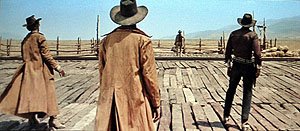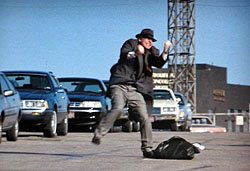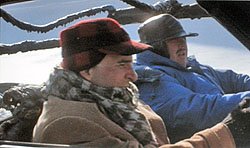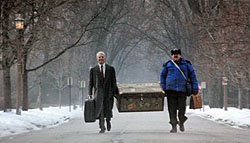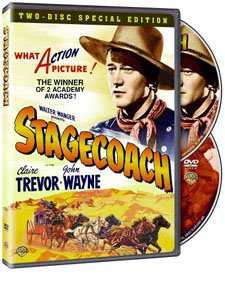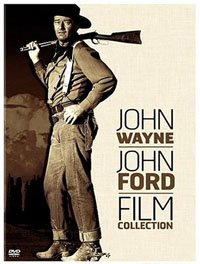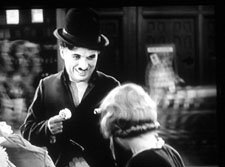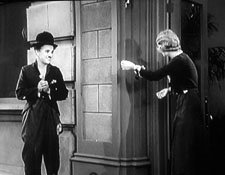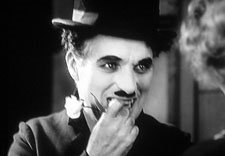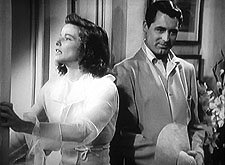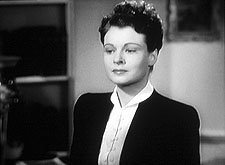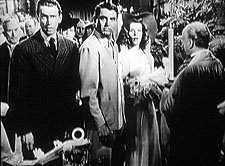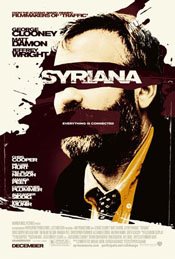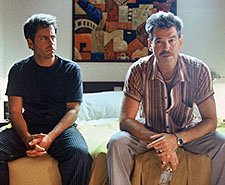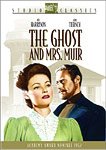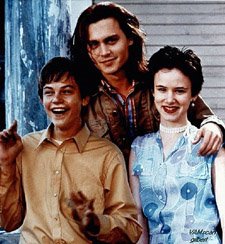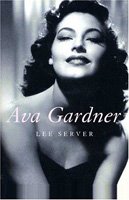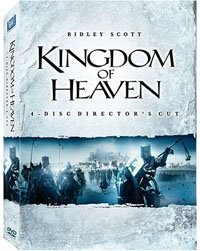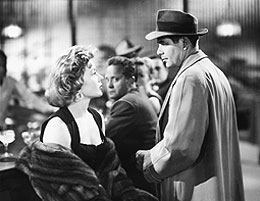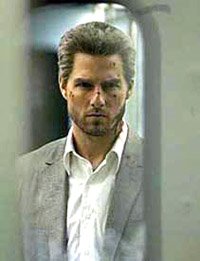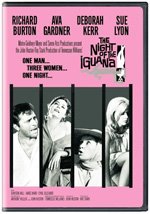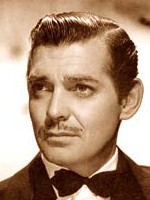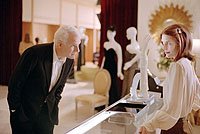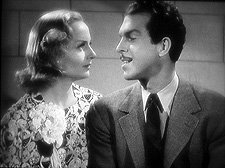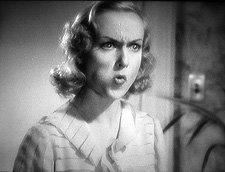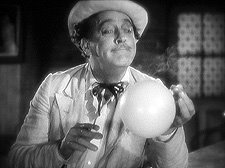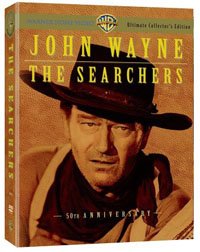
I’ve been making my way through all those John Ford-John Wayne movies that finally came (see posts below). I’ve also received my copy of
Stagecoach – Special Edition (and watched it last night). So my head’s pretty full of Ford imagery and Wayne’s voice.
But let’s start with
The Searchers, possibly the best of the lot. In this set, I have Ultimate Edition. Let’s just say there are a lot of features, all pretty good (some much better than good), and of course the film.
I wrote about the previous DVD a few years ago and, while I don’t usually comment on the video qualities (not my strong suit), in that case I did, saying, “For such a great film, it's unforunate the DVD is less than spectacular. While not poor, it falls far short. There are scratches etc. throughout. The sound is also a bit lame, though not unbearably so.”
Well, this new edition corrects all that. It looks and sounds great. I loved it.
Below, I’m putting in my review from a few years ago. I find it interesting because I don’t necessarily agree with all I have to say in it now. Perhaps it has more to do with emphasis. I’d like to watch the movie again and, one day soon I hope, write a new review, if only to collect a few new observations and update some of my previous thoughts.
For now, however, here’s the old one, flaws and all:
The Searchers – earlier review
In the list of great westerns,
The Searchers ranks very high. It's one of the great movies, period. But it's a troubling one, too. While cinematically brilliant with its stunning photography of Monument Valley and now famous shots, it's the story of a racist, a man filled with hate.
John Wayne plays Ethan Edwards, an ex-Confederate soldier who returns home several years after the war has ended and who, while no longer fighting, stubbornly asserts that while others may have surrendered, he never did.
Where he has been or what he has been doing for the past few years is never explained. He is left mysterious to us and in a dark way. We see he's a man with a grudge. There's an anger in him that he contains, though just barely. We also see traces of his racism and innate hate in his attitude toward the informally adopted son of his brother's family, Martin played by Jeffrey Hunter. Martin is one-eighth Indian, and this is the reason Ethan treats him poorly.
There is then a Comanche raid on his brother's home. The family is killed except the two daughters, who are taken. Later, one of the daughters is killed and there is only the youngest daughter, Debbie, left alive. She is still with the Indian raiding party. (The older Debbie is played by Natalie Wood; the younger Debbie by her sister Lana Wood.)
Ethan is now consumed with his hate for Indians as he and Martin set off to find Debbie. Martin's reasons for going are twofold: he wants to get Debbie back but also wants to protect her from Ethan, whom he senses is a threat to her.
Ethan is. His plan is to find Debbie and kill her since, in his mind, she is now Comanche. As the film progresses we see the pair on their quest. We see more and more of Ethan's racist hate as their journey goes on.
Director John Ford tries to balance the darkness of this with lighter moments and storylines, such as Martin's relationship with the young woman Laurie (Vera Miles), an unspoken romance that is failing for want of articulation.
However, the lighter elements seem a bit forced. It's Ethan's story that is the heart of the movie.
But what is that story, and what is Ford attempting? An audience of today is likely to be appalled by Ethan's overt hate and racist attitude.
Roger Ebert suggests that a contemporary audience (roughly 1956-57) would probably identitfy with his attitudes and this is likely true - perhaps not with the overt hate but certainly with the racist attitude toward native North Americans.
I think a clue to what Ford is attempting lies in the character of Scar (Henry Brandon), the Comanche chief responsible for the raiding party and the taking of Debbie. His character isn't deeply drawn but we do get one scene where he explains himself, at least to an extent. He tells of how his two sons were killed by white people and how, because of that, he is taking revenge.
This is essentially what Ethan is doing. Scar is the native mirror of Ethan, ruled by hate and revenge. Both men are racists and it is their hate than informs it. It is revenge that Ethan seeks but revenge is also the reason for the tragedy that sends him on his hateful quest.
If this is what Ford's movie is about, and I think it is, then what we have in
The Searchers is flawed masterpiece. It's a great film that doesn't quite achieve what it attempts.
The failing is in the character of Scar, Chief Cicatrice. The film needs a much deeper exploration of the man. An audience needs to get to know and understand him better. He simply doesn't have enough screen time.
There aren't enough scenes that allow him to be humanized (as there are in a film like
Dances With Wolves where we can connect and relate to the native North Americans).
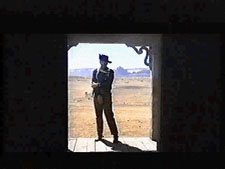
This failing is reflective of the period the film was made. Not only were full characterizations of Indians unheard of, where they do have a presence that goes beyond being extras, the characters are played by white people.
This makes
The Searchers something of a conundrum. It is a film about racism and its evils that fails because of an innate social racism that conditioned the making of it. This is not to say the film is racist. I don't think that is either a conscious or unconscious intent. But to some degree we're defined and thus limited by our place in social and cultural history, and so was Ford. The flaws in The Searchers are due these kinds of limitations.
Tags: Movies, DVD, John Wayne, John Ford, The Searchers
 Well, I still don't have a new home so I'm living out of a suitcase and that means I don't have my TV or my DVDs and that explains, in part, why there have been so few updates here. But ya know ...
Well, I still don't have a new home so I'm living out of a suitcase and that means I don't have my TV or my DVDs and that explains, in part, why there have been so few updates here. But ya know ... I haven't posted on
I haven't posted on 